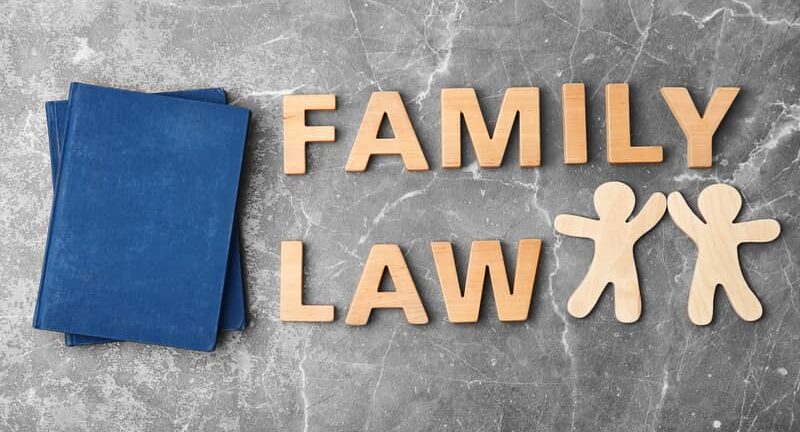
 Who gets Fido?
Who gets Fido?
You might be surprised what causes hang-ups in separations and divorce. Sometimes even deciding whether to separate involves consideration of factors that may seem unimportant, if not frivolous to some.
The other side of the coin involves assumptions about what’s fair or what the divorce laws in North Carolina say.
If you’re a pet owner, figuring out who gets the dog in a divorce (or cat or any other beloved pet) can turn out to be a big deal. You may have even waited to split up, fearful you’d be separated from an animal that is very much considered a member of the family.
Generally speaking, pets are considered property. They are not subject to ‘best-interests’ considerations like children. And that can cause problems – Bill Powers, Charlotte Divorce Lawyer
You can replace a car, the couch, or a home with another one, but you cannot replace the bond that you have created with your pet with the snap of your fingers or with a quick credit card transaction. For many folks, the family pet is a member of the family.
They’re more than property.
Indeed, given almost 70% of homes in the United States have at least one pet, it’s surprising there aren’t more disputes and protracted litigation in family court about pet custody issues.
Property division can be one of the most hotly contested aspects of divorce. Adding pets into the equation only complicates the matter. That’s one reason why proceed forward in a collaborative law fashion may be helpful.
Unfortunately, unlike child custody, the court treats pets as property. There aren’t “pet custody laws” in North Carolina. There isn’t a consideration of what is in the best interests of the pet.
As property, dogs and cats (pets) are considered as part of Equitable Distribution. That means the Judge goes through and decides:
- What is a marital asset?
- What is separate property?
- What is the property worth?
- What’s fair in splitting up marital assets?
Is a Pet Separate Property or Marital Property?
Because the court views pet animals as property, your dog, fish, cat, or pet snake may fall under the category of marital property or personal property. The division of assets, which necessarily includes real and personal property, is done so through the NC Equitable Distribution laws.
Personal property normally includes anything that either party brought into the marriage, or, more simply, anything that was purchased or acquired before the marriage. That is not an absolute rule.
In fact, there is some legal authority to argue the assumption that individual “separate” property is gifted to the marriage or otherwise becomes marital property over time. There are exceptions. Frankly, it can be a bit complicated.
“Separate Property” may include things like an inheritance or gifts that were given specifically to one or the other spouse.
Pets are Property
According to the Animal Legal Defense Fund, some courts are looking at the bond between the animal and the owner to establish custody or ownership.
Equitable Distribution Affidavit
Proving that the bond between you and your pet is stronger than the bond between your pet and the other owner may be accomplished in court by showing who provided more care, who took the pet to more veterinarian visits, who took the animal on more walks, etc.
Eyewitnesses, such as neighbors and friends, as well as receipts and other documentation, can be utilized for the purpose of proving a strong bond. If you do not wish to put everything in the hands of the court, you and your ex-spouse may wish to work out a sharing schedule or contract between the two of you that specifically outlines who has the pet on specific days, weeks, or months.
Charlotte Equitable Distribution Lawyers
Whether you are seeking ownership of your dog, cat, or guinea pig, the Charlotte divorce attorneys of Powers Law Firm PA understand the importance of the bond that you have with your beloved pet.
Our lawyers are available for legal consultation for separation and divorce matters in Charlotte (Mecklenburg County) and Mooresville (Iredell County).
Legal matters involving separation, divorce, and equitable distribution are subject to a consultation fee. Matters discussed and disclosed to our divorce lawyers as part of legal representation (and consultations) is confidential.
Related Posts
Equitable Adoption in North Carolina
The doctrine of Equitable Adoption is a judicially created “equitable” remedy...
Charlotte Child Custody and Contempt of Court
The North Carolina Court of Appeals ruled this week on a longstanding Charlotte...

